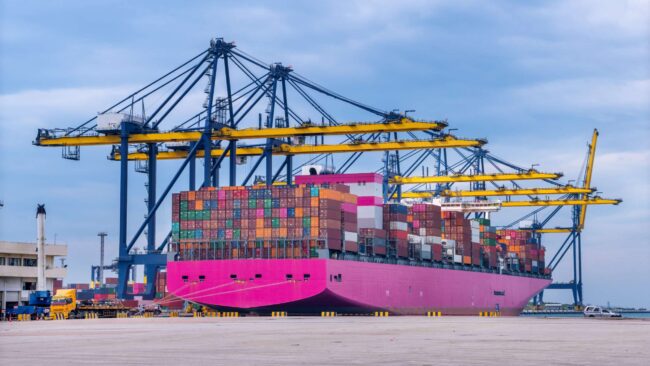China EV Battery Giants’ Supply Chains Full Of ‘Forced Labor’, Says House CCP Committee
China’s EV battery companies CATL and Gotion High Tech source materials from companies banned by the U.S. Department of Homeland Security (DHS) due to forced labor violations, the House Select Committee on the Chinese Communist Party said on June 6.












